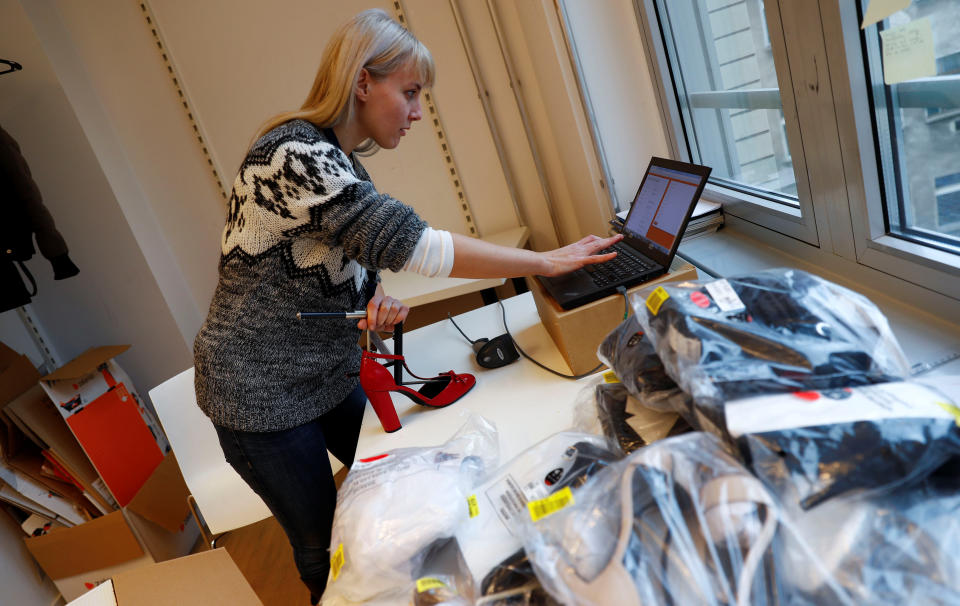It's about time all staff got fully paid sabbaticals

Most of us know that taking a break from work does us the world of good. But for many, a week or two away from the office simply doesn’t cut it — an extended period away is the answer.
A sabbatical is a temporary break from work which is usually paid and lasts anywhere from several weeks to a year.
Sabbaticals used to be offered mainly to academic professors or researchers, but a number of UK companies now offer sabbaticals. Deloitte offers two sabbatical programmes — an unpaid one-month break that can be taken for any reason, and a two-to-six month sabbatical that can be taken to pursue personal or professional growth. On the longer break, employees received 40% of their salary.
For many employees, though, there is no automatic right to time off from work other than their annual leave, as there are no laws that cover taking a career break. Most will only get paid time away for maternity leave, which is certainly no break to recuperate or pursue professional development.
And if you choose not to have children and aren’t offered paid time away for any other reason, there’s little scope to take more than an occasional week off for a holiday. Sabbaticals should never take away or replace maternity leave, of course, but arguably everyone should have the opportunity to take a temporary break from work.
Whether it’s to study, do voluntary work or simply get out of a work rut, there are many reasons why people take sabbaticals. For some, it’s a safer, easier option than quitting when they need time away from their job. For others, it’s about improving their health.
Burnout is a serious problem and companies risk losing some of their hardest-working employees due to high stress and it’s detrimental impact on health.
Earlier this year, a survey of 1,000 US workers by the University of Cambridge found that “nearly half of all employees were moderately to highly engaged in their work but also exhausted and ready to leave their organisations,” said co-author Dr Jochen Menges. “This should give managers a lot to think about.”
In the UK, research published in 2017 by Opodo found half of respondents (49%) said they would take a sabbatical to get away from the stress of working life, with 41% taking a break for their mental health.
“Although it is a cost to businesses, the argument for a paid sabbatical is one that should be discussed in most sectors, especially from a health perspective,” says Keith McNiven, personal trainer and founder of Right Path Fitness.
“The risk of burning out is becoming more and more apparent, with mental health and health issues on the rise, and many don’t take time out for fear that they won’t have a job when they return.
“By incorporating a paid sabbatical into a contract, or at the very least offering this to long-term employees, businesses could end up with a healthier, more productive workplace.”
Companies might balk at the thought of employees taking an extended period of time off work, but research has shown sabbaticals have benefits for both employees and employers. A 2010 study compared 129 university professors who had taken a sabbatical with 129 who didn’t. Perhaps unsurprisingly, those who took a break reported an improvement in their wellbeing, lower stress levels and an increase in psychological resources – benefits which continued long after they returned to work.
A study published in 2009 surveyed the impact of taking a sabbatical on 61 leaders at five non-profit organisations. The majority of those who took a break said it allowed them to “think outside the box”, gave them greater confidence in their role and ultimately, raise funds for their organisations more effectively.
Despite these benefits, many employees still fear that taking a sabbatical will harm their career prospects. According to the Opodo research, 21% thought taking time off could make them less employable. In 2014, a survey found 70% of women fear taking a career break, whether it is to have children, travel or study.
If you want to broach the topic of sabbaticals with your employer, the legal and workplace relations advice service Acas recommends checking your company’s policy before speaking to your boss about why you want time off. Don’t make demands, ensure agreements are made in writing and make sure you know what will happen when you return and if you’ll be doing the same job.
To listen to more workplace tips, download Yahoo Presents Its a Jungle Out Therepodcast on Apple Podcasts, ACast, or Google podcasts to listen while on the go.
